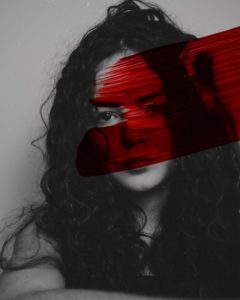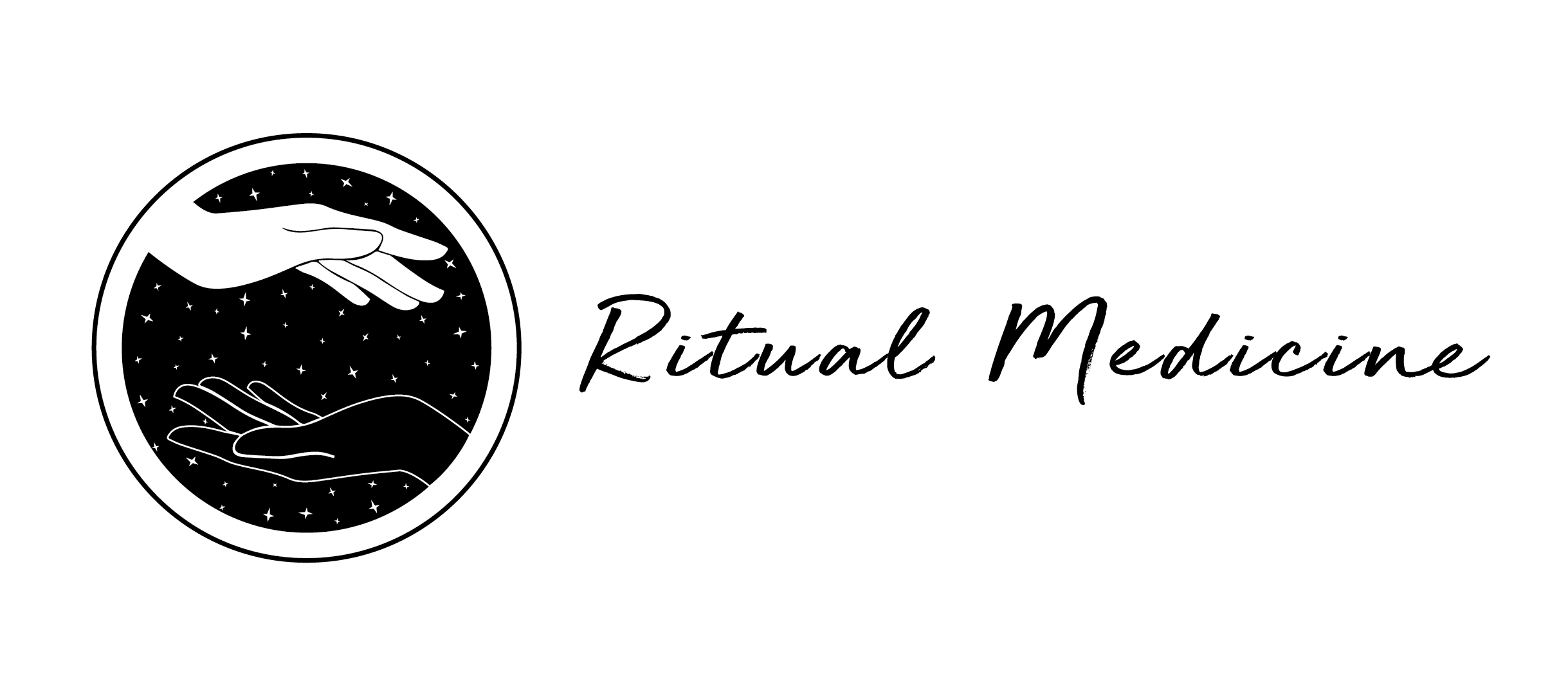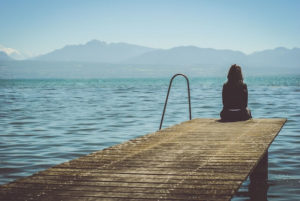What is happening when you are on your period?
The first day of bleeding is considered day one of your menstrual cycle. On this day, the hormone progesterone plunges, which causes the uterine lining to shed, AKA “your period”
Each menstrual cycle starts with menstruation (the period). A period is the normal shedding of blood and endometrium (the lining of the uterus) through the cervix and vagina.
A normal period may last up to 8 days, but on average lasts about 3 to 6.
The first day of your period is the start of your menstrual cycle. The reason you might experience menstrual cramps during the first days of your periods is that the uterus lining breaks down and sheds. In order to do this, the muscles of the uterus contract (to help push the blood and tissue down) which can cause cramping.
You begin menstruation- old blood and tissue from inside the uterus is shed through the vagina
Why energy is lower on your period
During your first week, estrogen starts out at its lowest point and begins a steady climb. For the first day or so of this cycle week, the low level of this hormone combined with period-related aches and fatigue may make you a bit quiet and have you preferring to stay close to home.
This is why it is important to rest while you are bleeding. This can be counterintuitive to how society and your schedule is structured. While it may seem less productive for those few days while bleeding, if you allow your body space to rest during this time, your overall productivity will be greater.
What exercise to do when you are on your period
This is a great time to keep your to- do list short, and your calendar clear.
By honouring your body and its rhythms, unwanted symptoms tend to be less.
Simple and gentle movement like yoga, deep stretching, or a walk out in nature are great things to schedule during this time. Strenuous activity should be kept for the other few weeks of your cycle.
Book your consults by calling 1 778 400 6360 or if you are not local, we can connect virtually by booking your 15 minute here.

